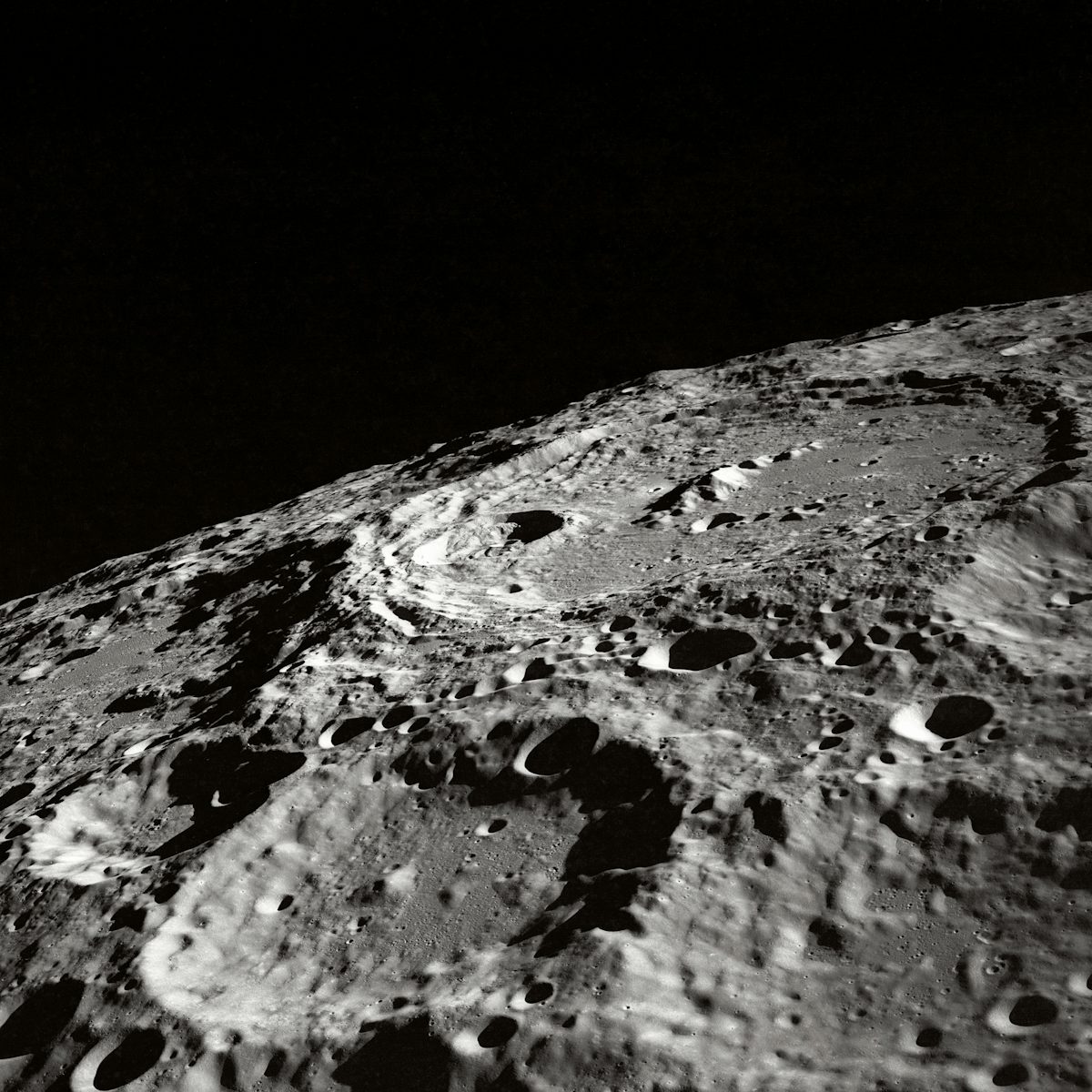Time is not only a neutral measure but also a contested terrain. Whoever defines time with its calendars, schedules, and rhythms wields tremendous power. The politics of time is the struggle over temporal order: who decides what counts as past, what demands the present, and what future is possible. The ordering of calendars, the disciplining of hours, and the anticipation of futures are political acts. As Reinhart Koselleck reminds us, “every history is a history of time,” and the forms by which societies measure and imagine time reflect the structures of power that govern them. The politics of time, therefore, concerns not merely chronology but sovereignty, labor, technology, and resistance.
Temporal Sovereignty: Calendars and Power
Calendars are instruments of rule. They anchor collective life in cycles authorized by political and religious authority.
- Imperial Time: In Rome, Julius Caesar’s reform of the Julian calendar (46 BCE) imposed uniform time across the empire, consolidating imperial sovereignty. Similarly, Chinese dynasties recalibrated calendars to mark the transfer of the Mandate of Heaven.
- Revolutionary Time: The French Revolution attempted to break with Christian temporality by instituting the Revolutionary Calendar (1793–1805), renaming months and restructuring weeks into “décades.” Here the state sought to embody a new secular time.
- Colonial Impositions: European empires globalized the Gregorian calendar, effacing indigenous cycles of agricultural, lunar, and ritual time. Temporal standardization thus became an aspect of cultural colonization and domination.
Time, in these instances, is not only counted but commanded.
Labor Time and Capitalist Discipline
Modernity’s most transformative politics of time emerged with capitalism.
- From Task to Clock: As E.P. Thompson argued in his classic essay Time, Work-Discipline, and Industrial Capitalism (1967), early modern workers shifted from task-oriented labor rhythms (seasonal, agrarian, communal) to the regimented hours of mechanical clocks. The factory system imposed punctuality, lateness penalties, and the commodification of time as labor-power.
- Taylorism and Efficiency: Frederick Winslow Taylor’s scientific management in the early twentieth century dissected time into measurable units. Seconds became the currency of productivity, reducing labor to a sequence of optimized gestures.
- Contemporary Temporalities: Platform capitalism fragments time into micro-units of “availability.” Gig workers live within algorithmic schedules that erase boundaries between work and life, tethering individuals to perpetual readiness.
Capitalist time is thus disciplinary, producing both profit and subjectivity through its regulation.
Revolt
Yet time can be resisted.
- Sacred Interruptions: Religious traditions protect intervals of non-work. The Sabbath in Judaism, or Friday prayer in Islam, sanctify time against the relentless flow of labor.
- Workers’ Struggles: The demand for the eight-hour workday (“eight hours for work, eight hours for rest, eight hours for what we will”) was itself a demand for temporal redistribution.
- Decolonial Recovery: Indigenous movements reclaim suppressed calendars and ritual cycles, reasserting temporal sovereignty against colonial erasure. Time here becomes an axis of cultural revival.
Resistance, in these contexts, is not only political in content but temporal in form.
Technology and the Acceleration of Time
Technological modernity reshapes temporal experience.
- Acceleration: Hartmut Rosa identifies modernity with the logic of “social acceleration.” Technological innovations, cultural change, and personal life rhythms quicken, producing temporal alienation.
- 24/7 Society: Jonathan Crary’s 24/7: Late Capitalism and the Ends of Sleep (2013) describes a world in which markets and media abolish night. Sleep itself becomes the final obstacle to capitalist time.
- Surveillance Time: The digital archive stores data indefinitely, replaying and reanimating past actions. Politics now unfolds under conditions of temporal permanence, where nothing is forgotten and everything may resurface.
Technology thus collapses distinctions between past, present, and future, saturating politics with immediacy and risk.
Revolutionary and Eschatological Temporalities
The politics of time is not only about calendars or labor, but also about visions of the end.
- Messianic Time: Walter Benjamin, in his Theses on the Philosophy of History (1940), opposed empty, homogeneous time with “messianic time”, such as moments of rupture in which the oppressed seize the past to create revolutionary possibility.
- Modern Progress: Enlightenment politics constructed linear time as progress, as in an unfolding path of straight development. This narrative of temporal evolution underpinned projects of modernization, nation-building, and empire.
- Apocalyptic Futures: Climate change and nuclear threats reintroduce apocalyptic temporality into politics. The Anthropocene collapses distinctions between geological and human time, re-politicizing the very horizon of survival.
Thus, futures are not neutral projections but contested terrains of temporal imagination.
Justice
To speak of the politics of time is to acknowledge that hours and calendars, work rhythms and future horizons, are never neutral. They are sites of control, struggle, and imagination. Temporal justice would entail not only the redistribution of resources but also the redistribution of duration: the right to rest, to ritual, to deliberation, and to futures other than those imposed by capital or empire.
As Koselleck, Thompson, Benjamin, and Crary remind us, time is itself a political medium. To contest time is to contest power. To imagine new times is to imagine new worlds.

